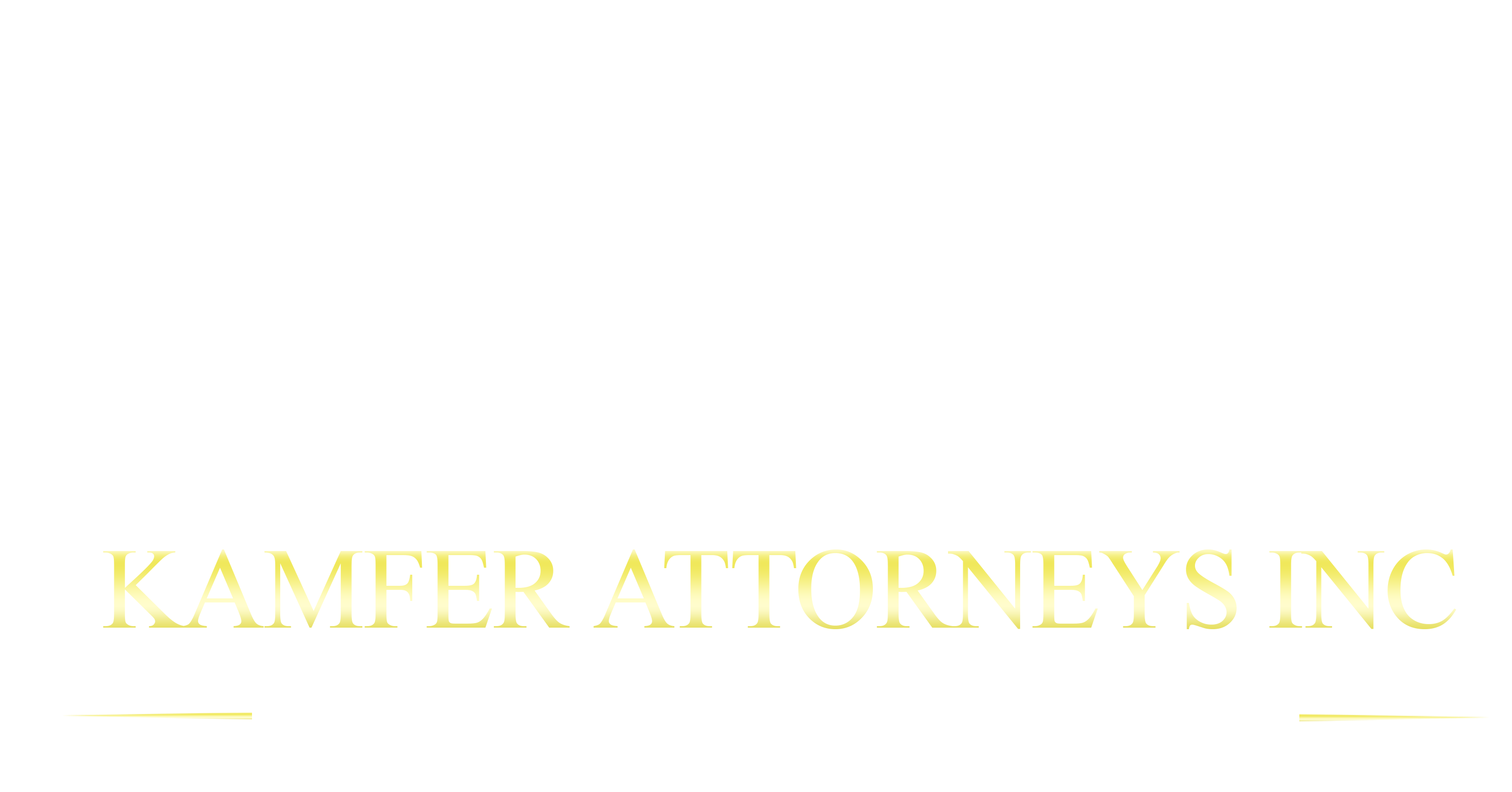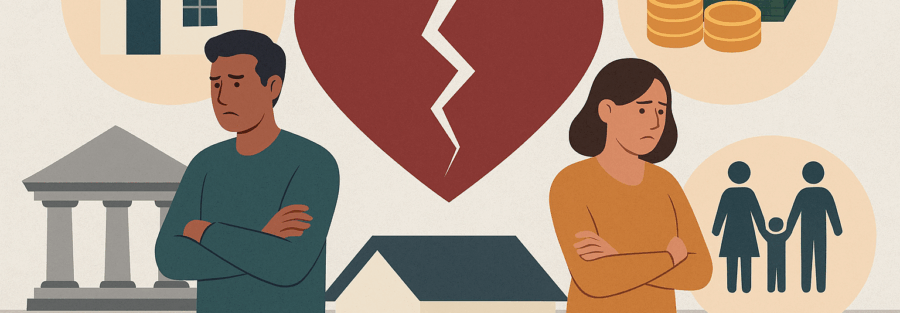One of the biggest concerns in any divorce is the division of property and assets. Who gets what, and why? The answer depends largely on your matrimonial property regime — the legal framework that governs how assets and debts are owned between spouses.
This guide breaks down how property and assets are divided during divorce in South Africa, the role of the courts when spouses can’t agree, and how you can protect your rights in the process. Whether you are preparing for divorce or simply exploring your options, understanding the law will help you make informed decisions.
1. The Three Matrimonial Property Regimes in South Africa
South African law recognises three main matrimonial property regimes. Your marriage certificate and antenuptial contract (if any) determine which applies to you.
1.1 Marriage in Community of Property
This is the default regime if no antenuptial contract was signed before the wedding. All assets and debts acquired before and during the marriage are merged into a single joint estate. Both spouses share equally in the ownership, management, and liabilities of that estate.
Division on divorce:
Unless a court orders forfeiture, the estate is divided equally (50/50). This includes all assets and debts, regardless of which spouse acquired them.
1.2 Marriage Out of Community of Property Without Accrual
An antenuptial contract excludes community of property and community of profit and loss. Each spouse owns and controls their own assets and debts, both before and during the marriage. There is no sharing at divorce unless property is jointly owned.
Division on divorce:
Each spouse keeps their own estate. Jointly owned property is divided according to the share owned, or sold with proceeds split proportionately.
1.3 Marriage Out of Community of Property With Accrual
An antenuptial contract is signed, but it includes the accrual system. Each spouse retains separate ownership of their estate during the marriage. At divorce, the growth (accrual) of each estate during the marriage is calculated.
The spouse whose estate shows greater accrual must pay the spouse whose estate shows less accrual an amount equal to half the difference between the two accrual amounts. This ensures that both benefit fairly from the combined growth of their estates during the marriage.
Division on divorce:
- Determine each estate’s net value at the start of the marriage (recorded in the antenuptial contract or, if not, taken as zero).
- Determine each estate’s net value at divorce (assets minus liabilities).
- Subtract the starting value from the ending value to find the accrual for each spouse.
- The spouse with the higher accrual pays half the difference to the spouse with the lower accrual.
2. Exceptions to the Rule: Forfeiture of Benefits
Forfeiture occurs when the court orders that one spouse should not receive the benefits they would normally get under the matrimonial property regime.
The court may grant forfeiture if:
- The marriage was of short duration
- One spouse committed adultery or serious marital misconduct
- One spouse engaged in reckless financial behaviour, such as depleting the joint estate or spending pension funds without consent
In these cases, the court aims to prevent one spouse from being unduly enriched at the expense of the other.
3. Maintenance of Children: Applies to All Three Regimes
The maintenance of children is a separate obligation from the division of assets. It applies regardless of the matrimonial property regime.
- Court’s approach: Maintenance is not a punishment; it is based solely on the needs of the children and the financial means of the parents.
- Proving the need: The parent applying for maintenance must provide evidence — such as school fees, medical expenses, food, and housing costs — to justify the amount claimed.
- Pension fund allocation for maintenance: If one spouse loses their job during the divorce process and is the primary caregiver of the children, they can approach the court for an order that a portion of the other spouse’s pension fund be released before the division of the estate. This ensures the children’s future needs are met. The court will do this regardless of whether the paying parent might secure a future job, as that outcome is uncertain.
4. Spousal Maintenance
Spousal maintenance is separate from child maintenance and is not automatic. The court considers factors such as:
- The earning capacity of each spouse
- The standard of living during the marriage
- Contributions made (financial and non-financial)
- The duration of the marriage
Marriage in Community of Property: Either spouse may claim spousal maintenance.
Marriage Out of Community Without Accrual: You can still apply for spousal maintenance — the property regime affects asset division, not the right to request maintenance.
Marriage Out of Community With Accrual: The accrual claim is separate from maintenance. You may still apply for spousal maintenance if you can prove the need.
5. How Courts Decide: Not Just a Rubber Stamp
Courts do not simply “rubber stamp” divorce orders, even when a property regime appears to dictate a certain outcome.
Example — Community of Property, No Forfeiture:
By default, the estate would be split 50/50. However, if there is a family home and minor children, the court will consider where the children will live before ordering the property to be sold.
It is possible for divorcing spouses to agree that the property will not belong to either of them but will be held in trust for their child. The property could then be transferred to the child when they turn 18 or 21. Courts will support such arrangements if they serve the best interests of the child.
Key Takeaways
- Your matrimonial property regime determines the starting point for asset division.
- Forfeiture is an exception that can prevent unfair enrichment.
- Maintenance of children applies in all regimes and is based on the children’s needs.
- Spousal maintenance is not automatic but may be claimed in any regime.
- Courts aim for fairness and always prioritise the best interests of children.




